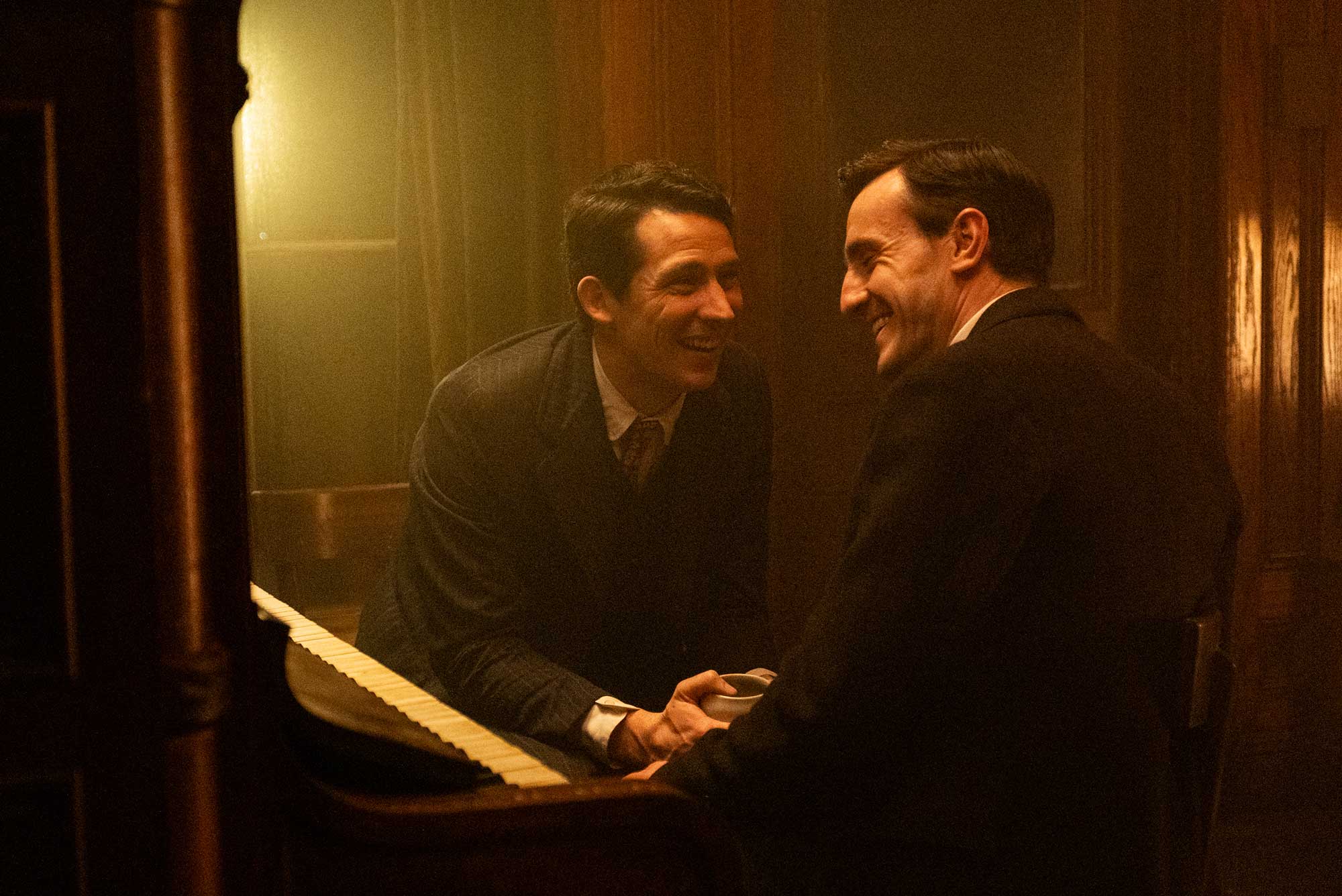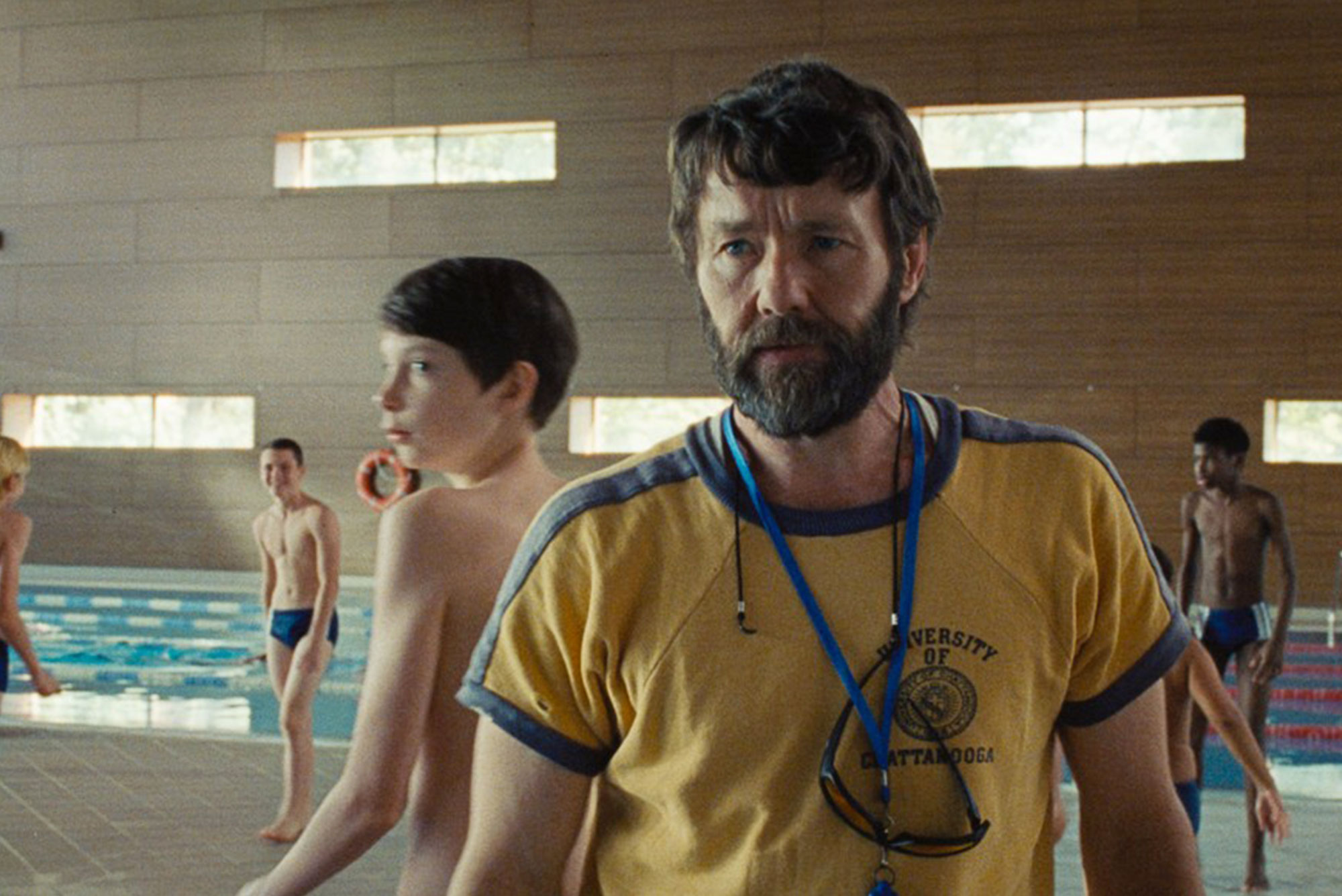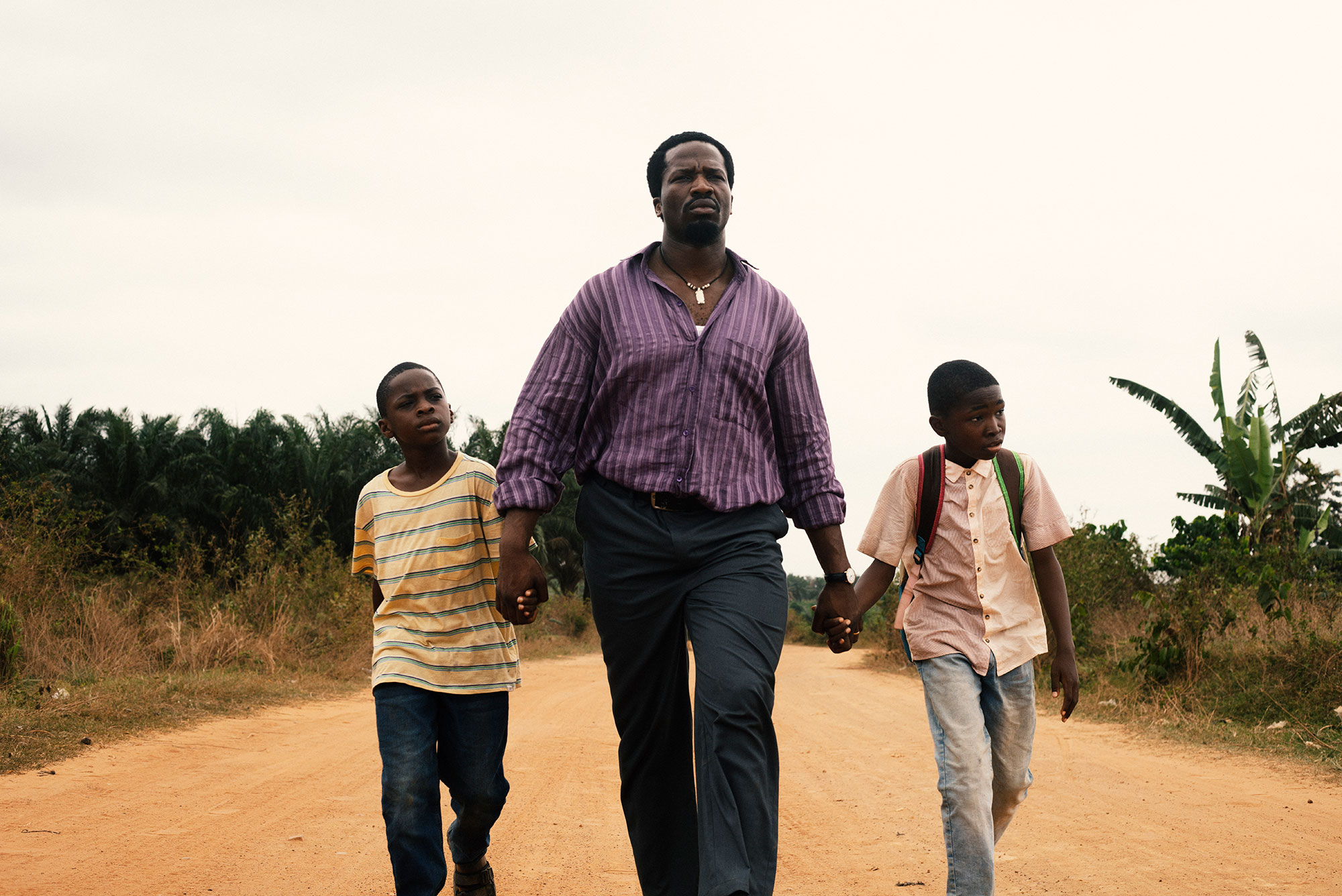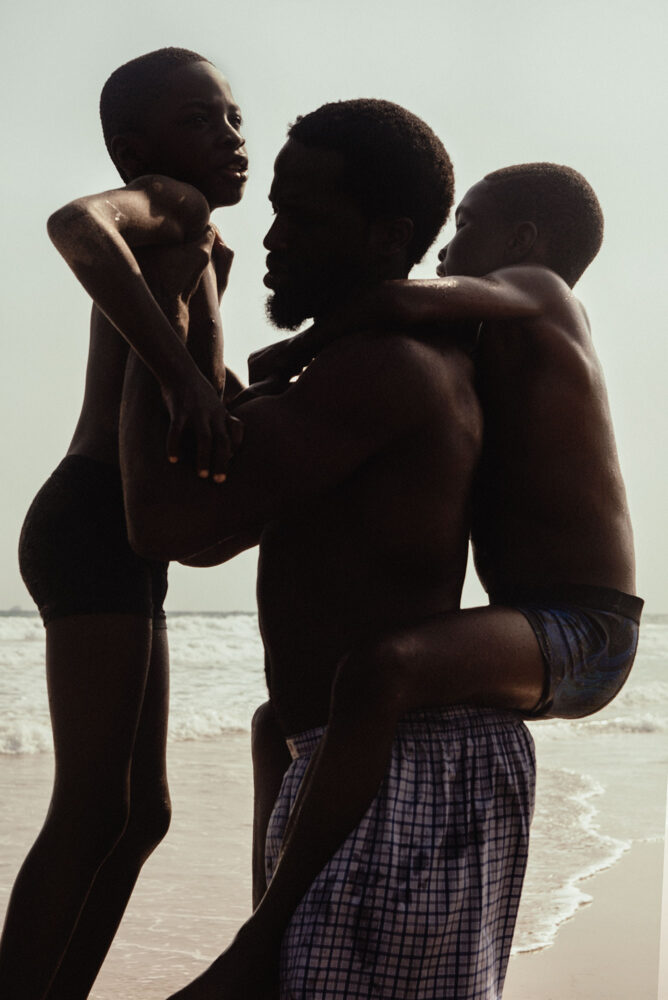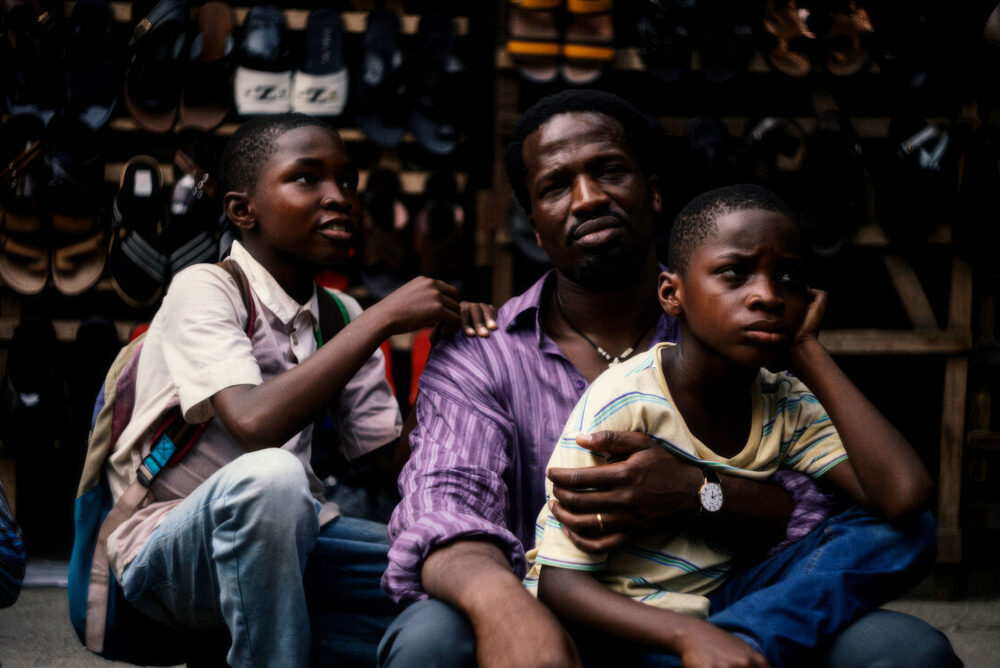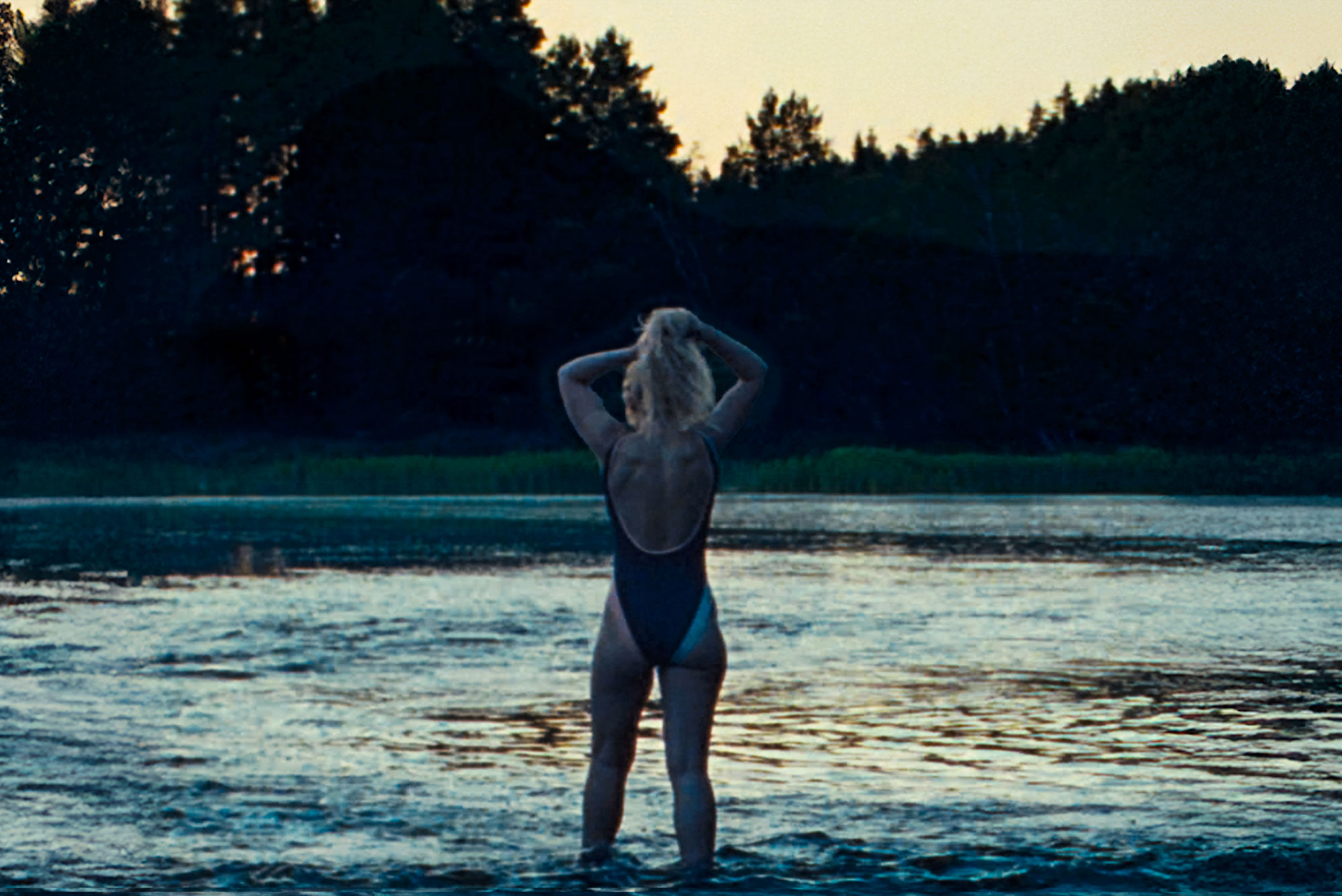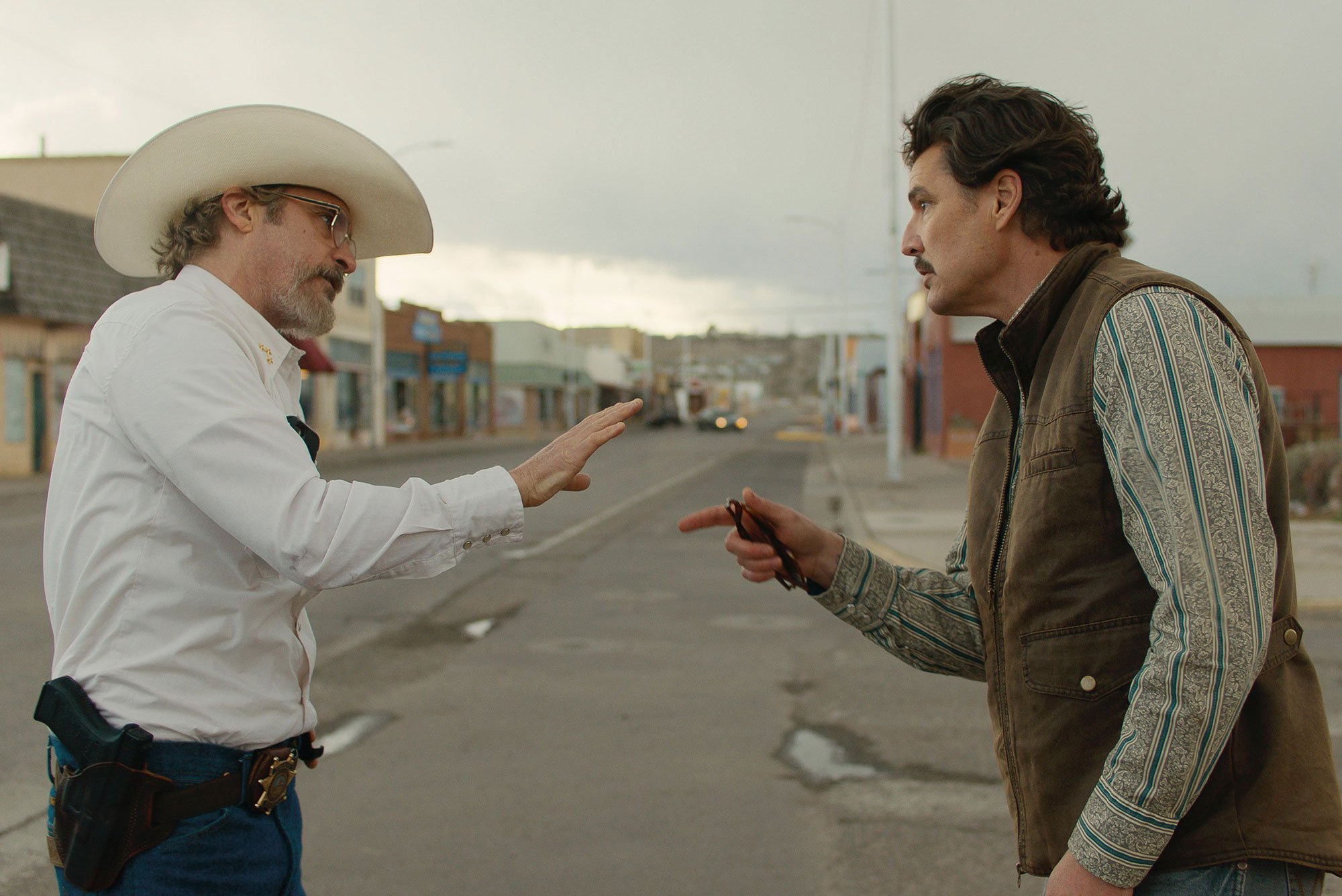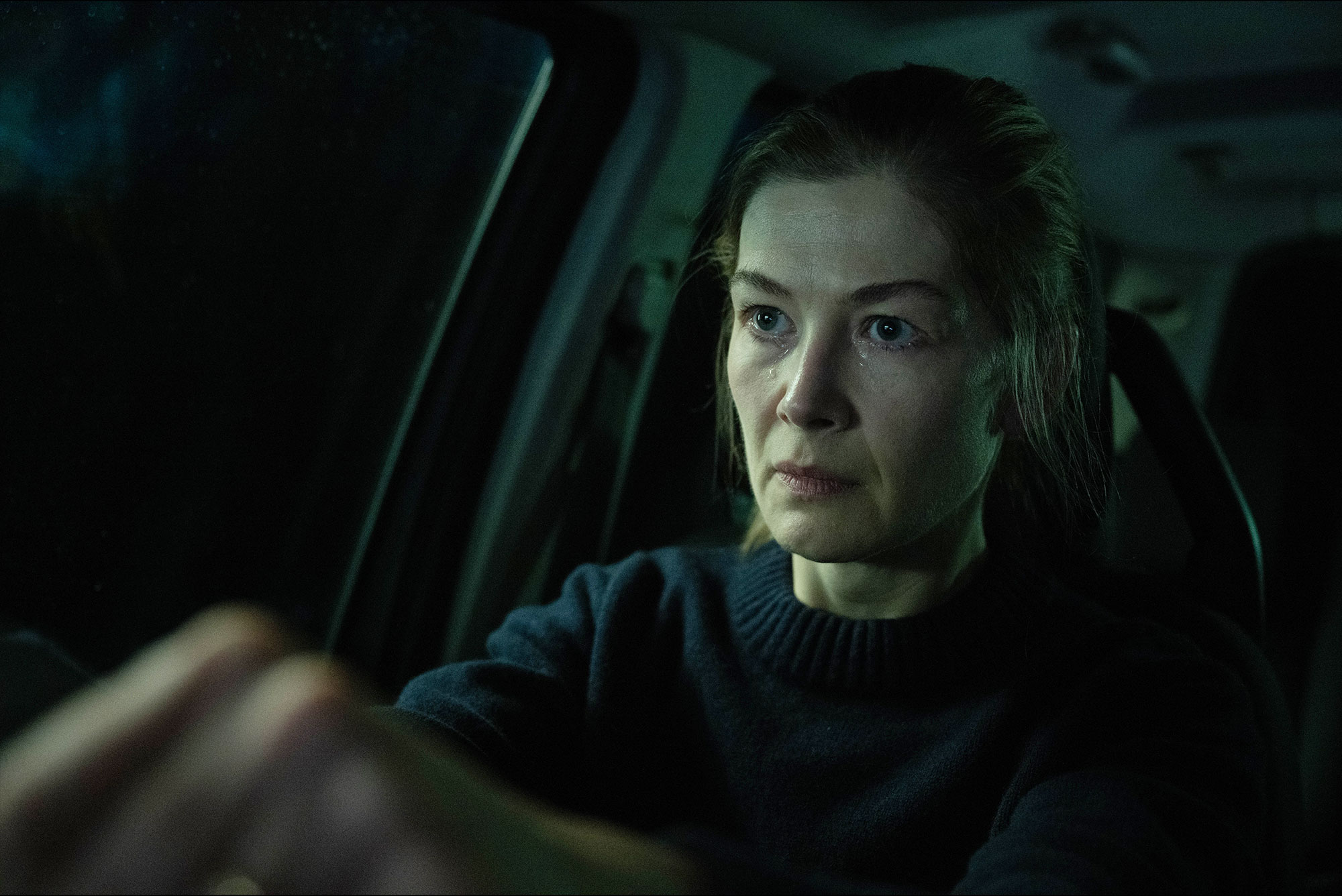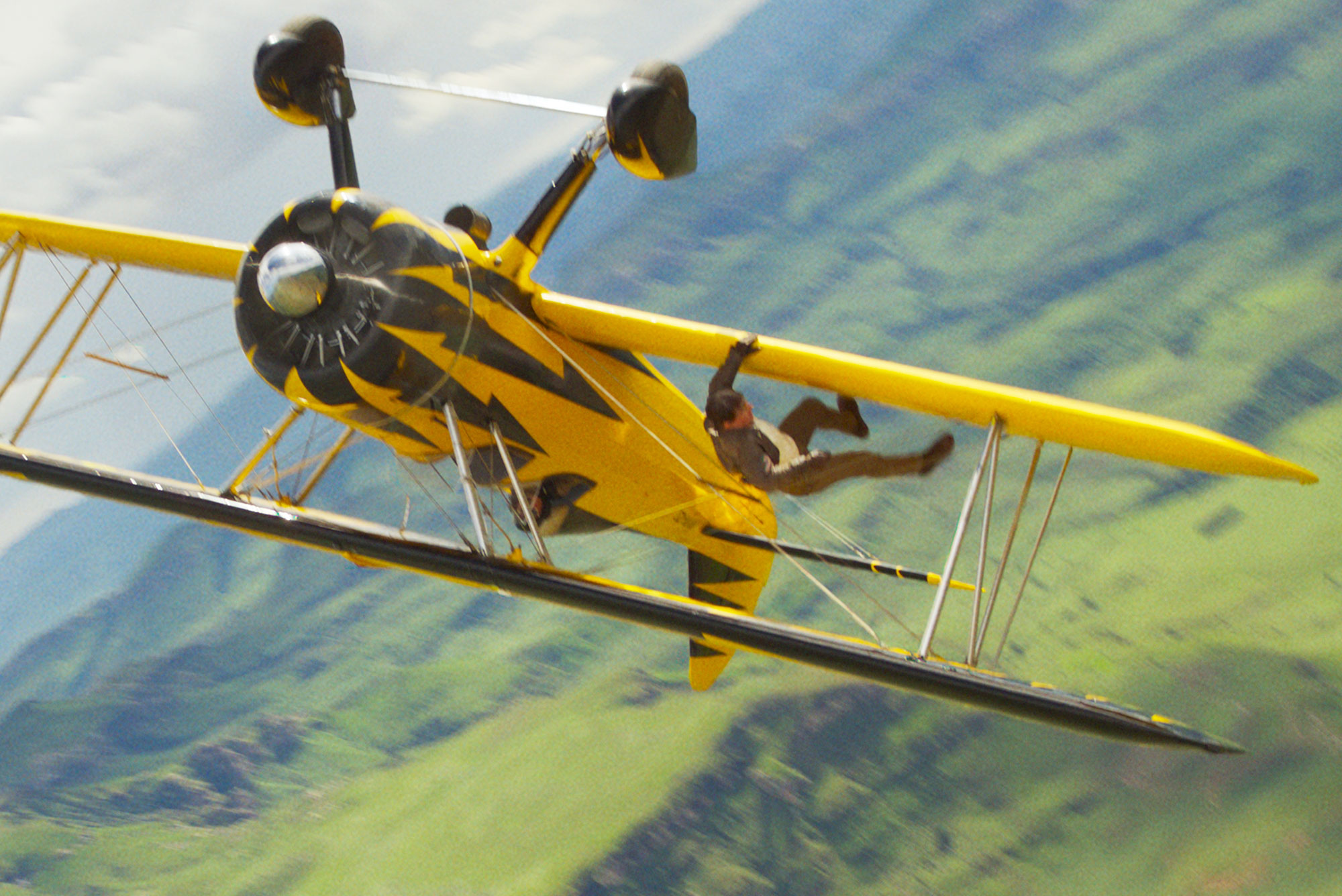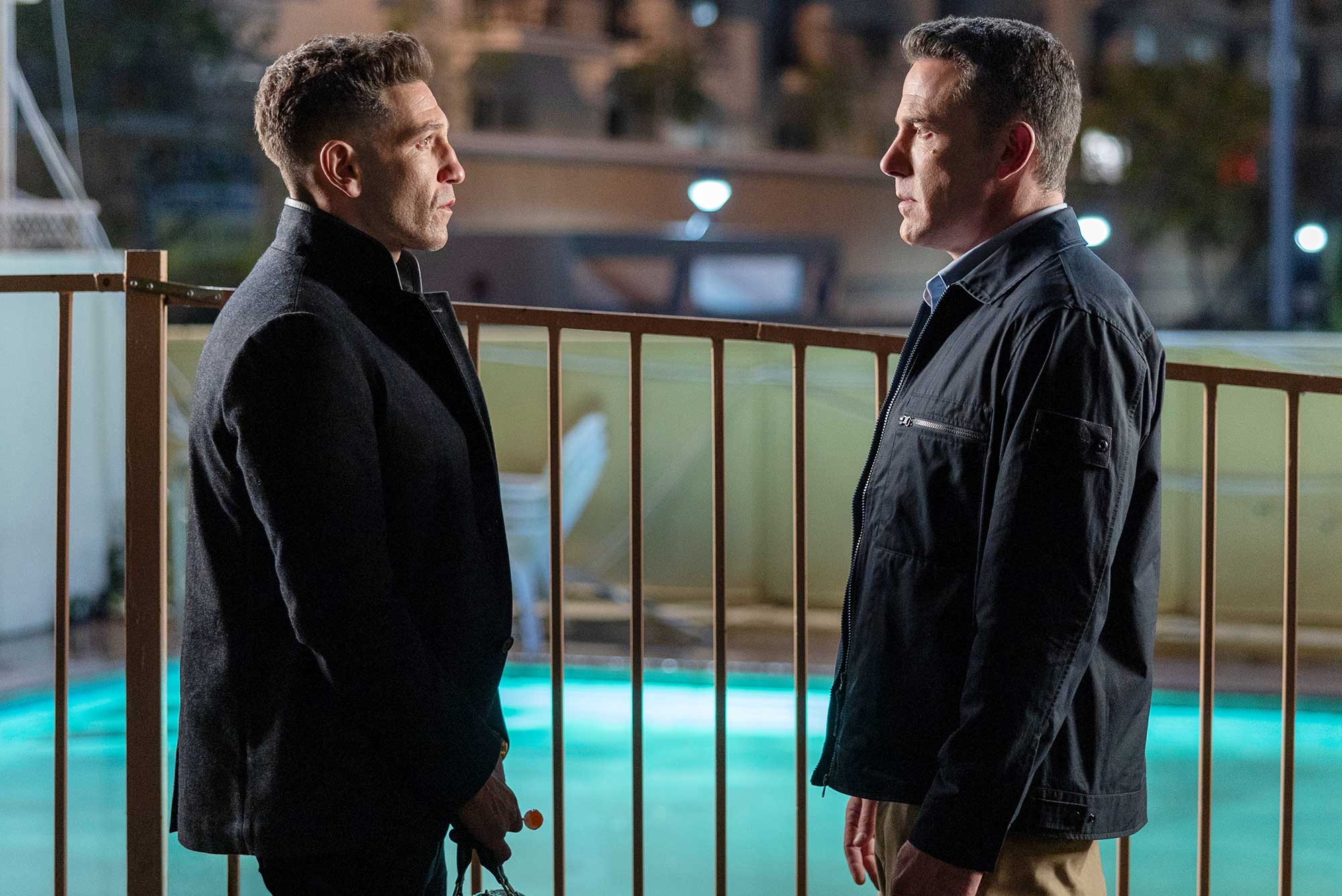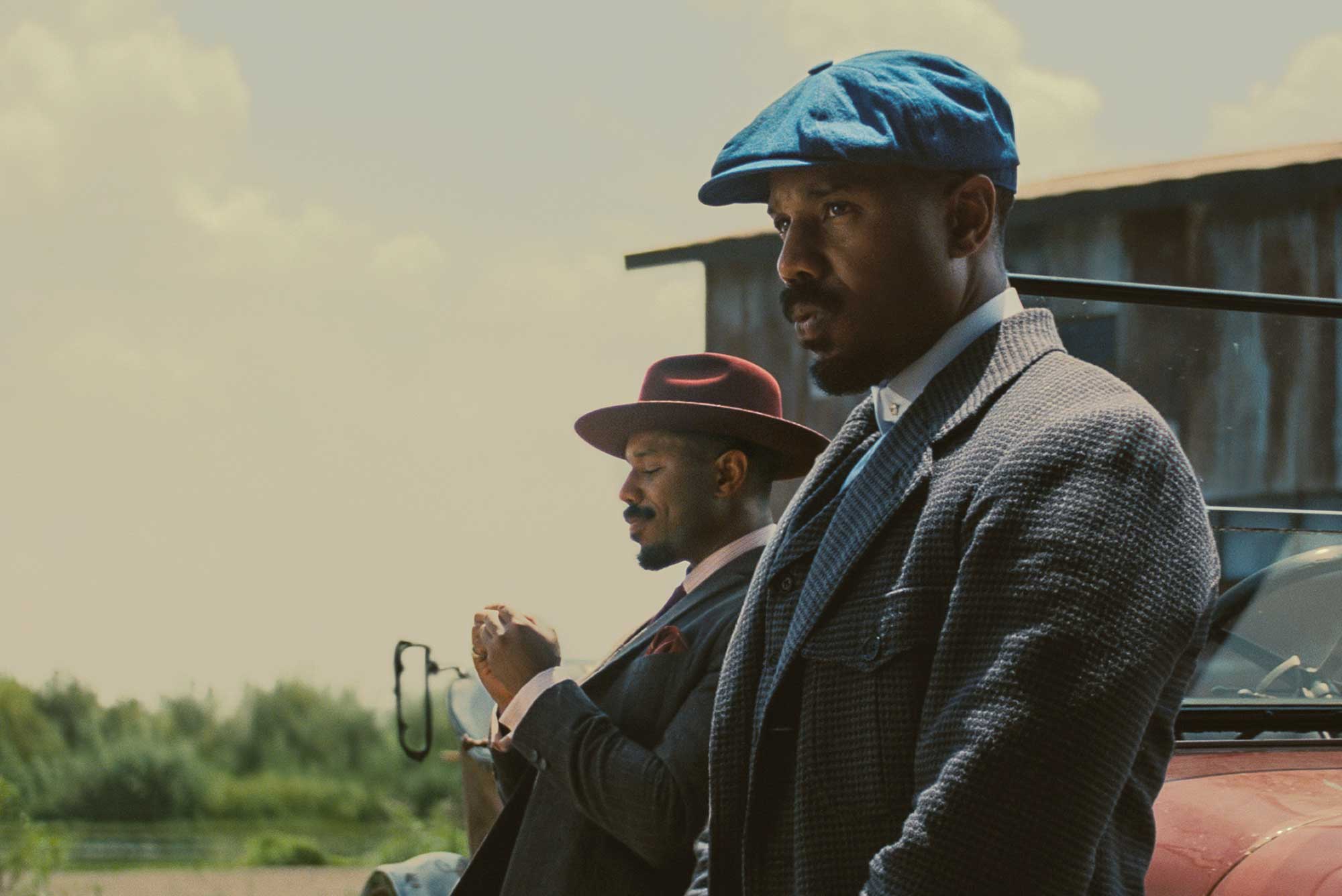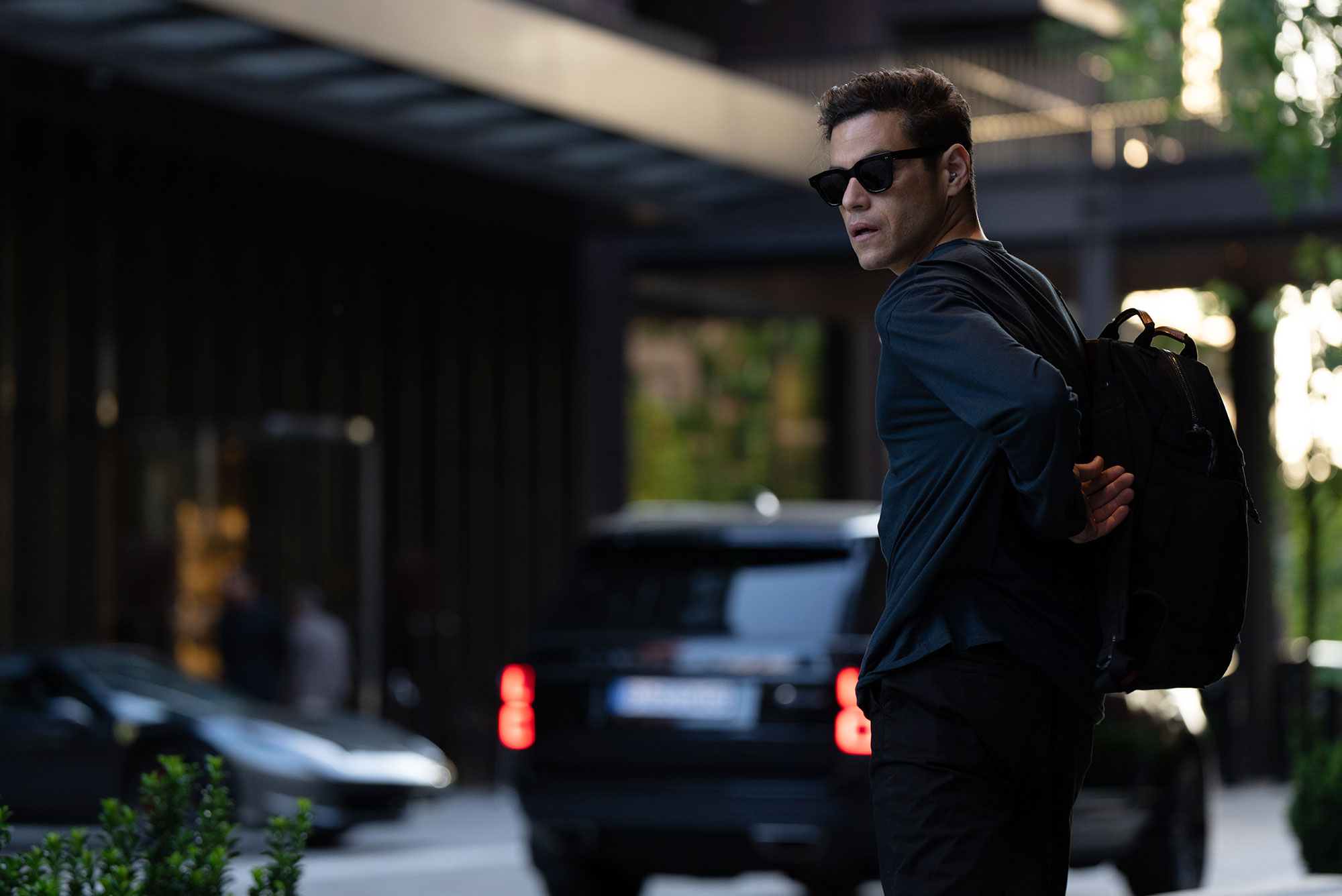Words by JANE CROWTHER
Ben Shattuck’s short story about two young men falling in love with each other and folk music is a thing of absolute beauty, filled with yearning, want and bucolic imagery. Shattuck has also written this screenplay and built out his fragile tale to a two hour movie that though handsome, well intentioned and delicately acted, fails to fully match the source material’s emotional resonance.

We first encounter Lionel (Paul Mescal) and David (Josh O’Conner) as they meet-cute – a couple of music students at a Boston Conservatory in 1917 who connect over a piano in a bar, and then in bed later that night. Their fledgling romance is interrupted by WW1, with David getting drafted and Lionel returning to his family’s Kentucky farm. Lionel pines for his lost love so when David reappears post-conflict and invites him on a song collecting trip around New England, he jumps at the chance. The two men camp and hike to remote communities, archiving folksongs on a phonograph, cuddling in their tent and not saying what’s really on their minds like a folksy Brokeback Mountain. But David is tightly-wound, clearly rattled by his experiences in Europe and the trip cannot last forever…

Shattuck’s short story is economic with detail but gives more lived-in texture to the affair than Oliver Hermanus’ stately film does which is as coy with its sex scenes as it is in showing the duo’s passion for music. The ‘history of sound’ is what Lionel yearns for in recalling his relationship with David as an older man (played by Chris Cooper) – not the ditties picked up and preserved on wax cylinders but the vibrations of being with someone in nature, in love. ‘Sound is invisible but can touch something, make an impression,’ Lionel explains at one point in a beautifully composed farmhouse tableau. Audiences might want more evidence of this than they are afforded in a film that creates striking visuals (an old man collapsed in a sun-bleached tree, the crystalline lake beneath an oar, Rome at magic hour) and haunting audio of fluting harmonies. Mescal and O’Conner are excellent, of course – carrying regret like the backpacks they shoulder – and production values are exemplary. But The History Of Sound offers something akin to blank sheet music, requiring the viewer to add notations.
Words by JANE CROWTHER
Photographs by GWEN CAPISTRAN
Courtesy of FAIR WINTER LLC
The History of Sound premiered at the 78th Cannes film festival and is in cinemas now

